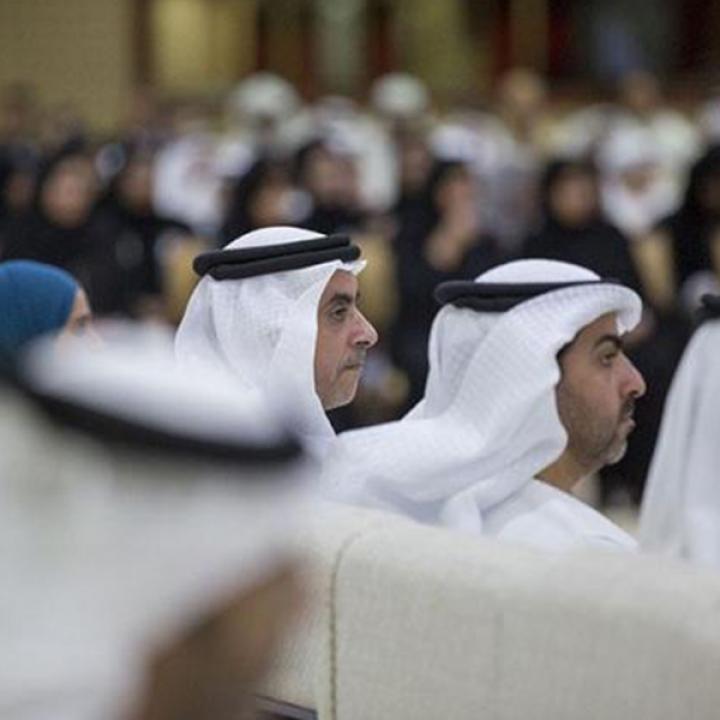

UAE success stories are legion: Vast oil resources have made the United Arab Emirates one of the wealthiest states per capita in the world. Emirati rulers have pursued economic and social development projects of epic proportions, and citizen support for the country's leadership is believed to be high. Yet, when it comes to political rights and civil liberties, the UAE is one of the most restrictive states in the Middle East.
In this essay, the tenth in a series exploring non-Islamist reform actors post-Arab spring, Lori Plotkin Boghardt examines the multiple narratives of reform in the UAE. These range from the government as a driver of reform, to state and societal restrictions on political discourse, to popular support for the UAE's current course regardless of its approach to political inclusiveness. She argues that these diverse interpretations add a layer of complexity to the enduring American desire to balance strategic interests with political and other values, and provides specific recommendations to address this challenge and enhance U.S. influence in the Arab Gulf.
THE AUTHOR
Lori Plotkin Boghardt is the Barbara Kay Family Fellow at The Washington Institute, where she specializes in Arab Gulf politics and U.S.-Gulf relations. She has worked as a Middle East analyst for the CIA and Science Applications International, a research fellow at the Brookings Institution, an analyst at RAND, and a Soref Fellow at the Institute. The author of Jordan-Israel Peace: Taking Stock, 1994-1997; and Kuwait Amid War, Peace and Revolution: 1979-1991 and New Challenges (Palgrave Macmillan), she holds a PhD in international relations from the University of Oxford.
Beyond Islamists and Autocrats Essay Series




